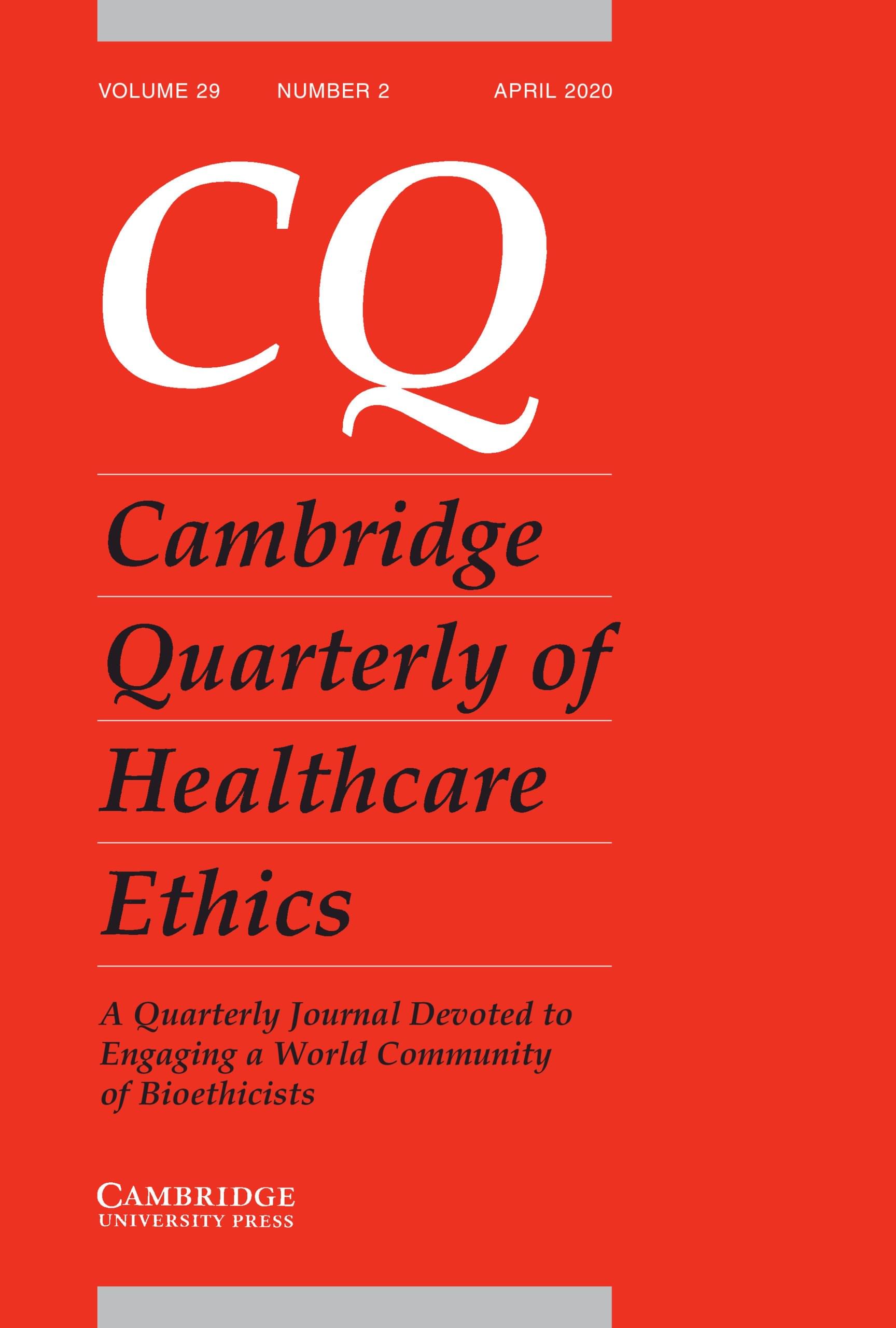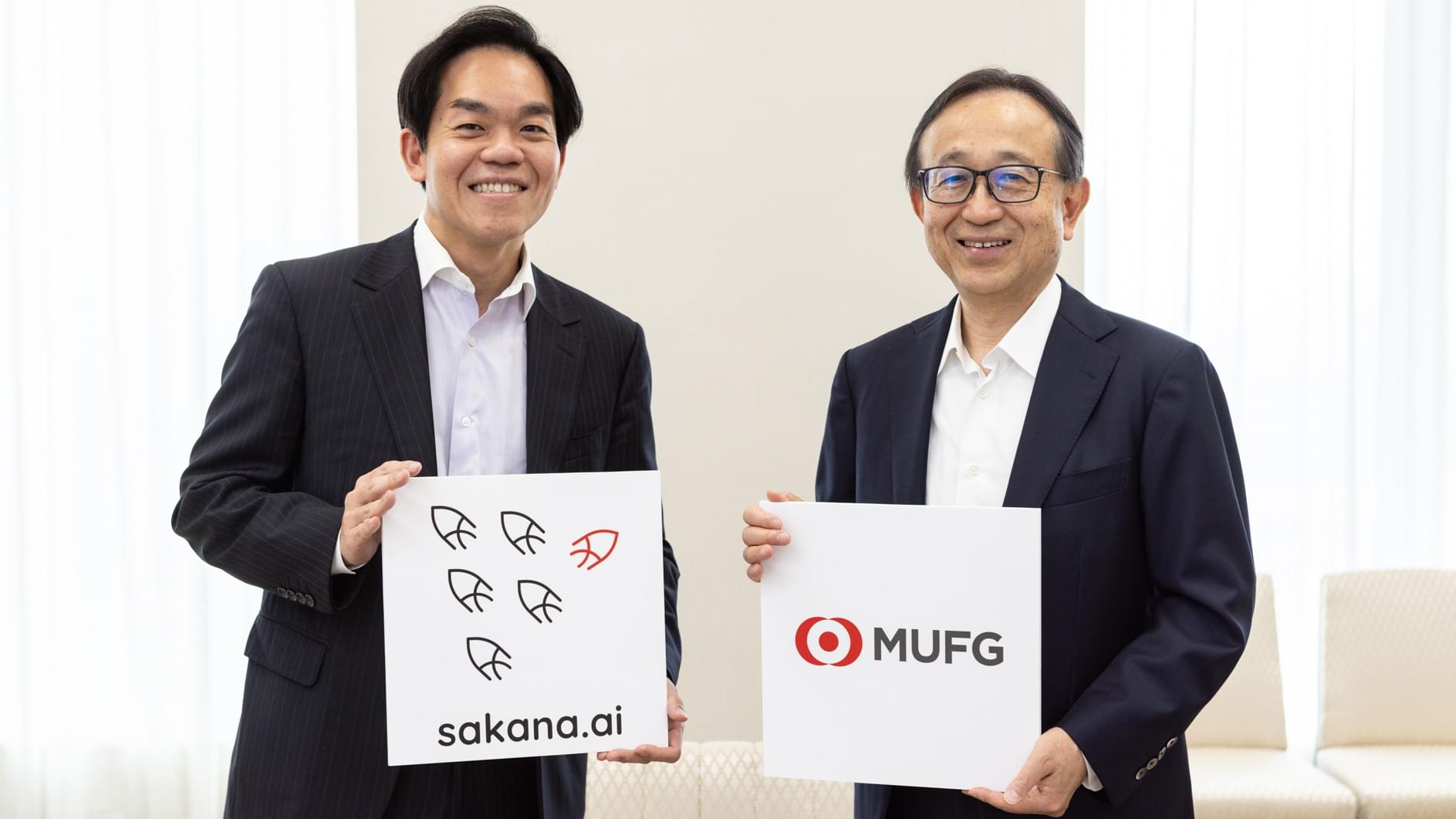Using global land use and carbon storage data from the past 175 years, researchers at The University of Texas at Austin and Cognizant AI Labs have trained an artificial intelligence system to develop optimal environmental policy solutions that can advance global sustainability initiatives of the United Nations.
The AI tool effectively balances various complex trade-offs to recommend ways of maximizing carbon storage, minimizing economic disruptions and helping improve the environment and people’s everyday lives, according to a paper published today in the journal Environmental Data Science.
The project is among the first applications of the UN-backed Project Resilience, a team of scientists and experts working to tackle global decision-augmentation problems—including ambitious sustainable development goals this decade—through part of a broader effort called AI for Good.









